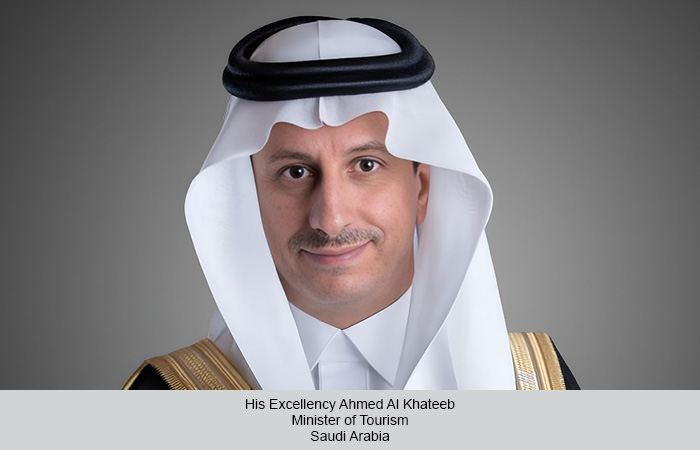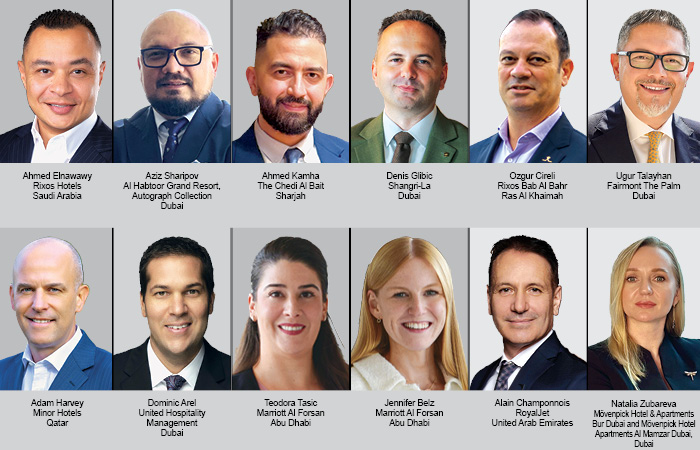The UAE hospitality market, going through digital transformation, is expected to reach over US $9 billion by 2029. The process is enhancing the quality of service provided to service users, while also driving efficiencies in business operations. While the COVID-19 pandemic accelerated digital transformation through necessity, the tourism industry must continue to reap the rewards of ongoing digital transformation.
The recent global IT outage served as a stark reminder of the extent to which technology is embedded within critical hospitality and tourism industry systems, although the benefits derived by industry stakeholders from continuing digitalisation continue to increase. Digitalisation typically refers to the integration of digital technologies into everyday activities. In the hospitality industry, this includes a wide range of technologies, including online booking systems, Customer Relationship Management (CRM) software, mobile apps, Artificial Intelligence (AI), and the Internet of Things (IoT). These technologies are fundamentally altering how hospitality businesses operate, interact with customers, and generate revenue.
Historically, booking travel services, including tickets and accommodation, required physical visits to service provider offices. This process was often time-consuming. However, the integration of advanced technology within the hospitality industry has fundamentally altered these practices by enabling online bookings and streamlining the booking process. Digitalisation has enabled the incorporation of dynamic pricing which can benefit both parties in an exchange. The rapid shift towards increased digitalisation is characterised by the widespread adoption of digital transactions and mobile applications, which have become critical in driving market growth. IoT has seamlessly integrated into daily life and supports the hotel experience guests may have. The increased use of smartphones has facilitated the development and use of various applications for online travel bookings, and leisure payments, check-in applications with real-time updates, and even added convenience through QR code-sourced digital menus.
Moreover, hotel revenue management has become increasingly intricate and crucial in the era of digital transformation. As competition escalates and guest expectations evolve, hotels are embracing new technologies and data-driven approaches to optimise pricing, boost revenues, and provide personalised experiences through maintaining information digitally on specific customer preferences shared across multiple visits and brand locations (e.g. room preferences, dietary requirements). Given the fluctuating demand patterns, precise forecasting and dynamic pricing are essential. With guests booking through various online and offline channels, comprehensive revenue management is critical for managing availability and rates across all distribution points. Such data-driven insights can support more efficient management of hospitality venues.
In the digital age, there are new opportunities as well as challenges. Businesses need to prioritise data security and comply with privacy regulations, as they handle large amounts of personal information. In the tourism sector, where data naturally transcends national borders, it is particularly important that data protection policies are carefully reviewed, and regulations adhered to. Managing availability and rates consistently becomes more complex due to distribution fragmentation across multiple booking platforms. Furthermore, there is a need for enhanced capabilities and innovative solutions to meet evolving guest expectations for a more personalised and seamless experience. Thus, hotels must invest in their talent and continuous professional development culture to develop essential digital skills.
 TravTalk Middle East Online Magazine
TravTalk Middle East Online Magazine





